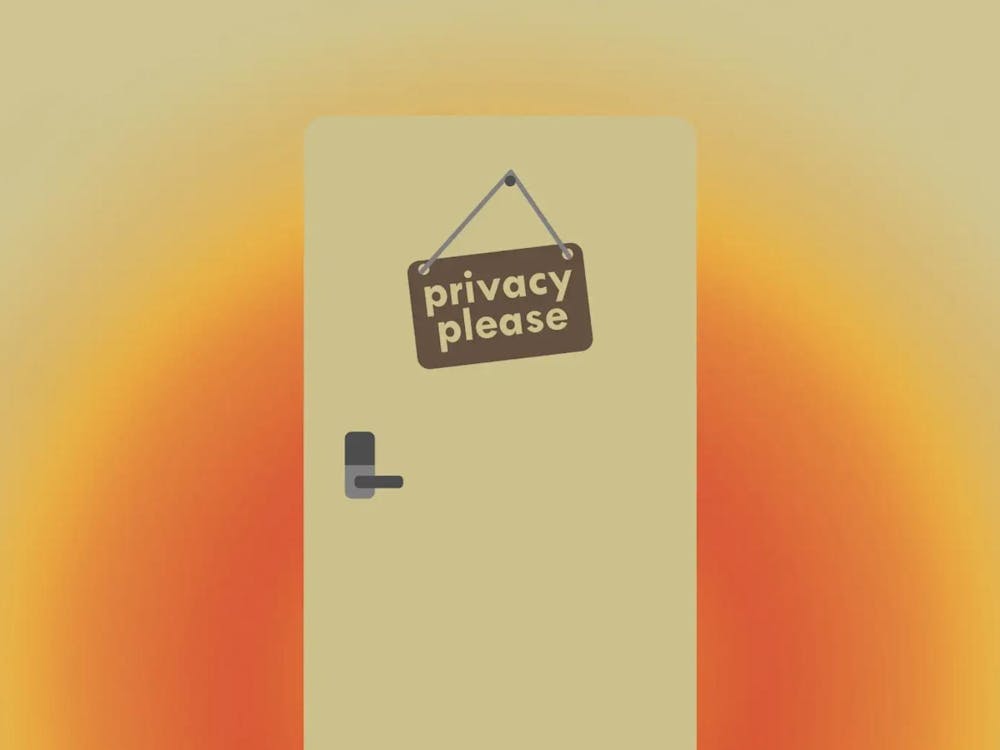Let’s face it, we’ve all been there — the aggressive text from your bank saying your account balance has dropped below $20, the feeling of impending doom as you finally go to check your statement. Learning to manage money wisely is an important — and occasionally difficult — lesson for all college students. These five apps can help you figure it out before your savings hit zero.
1. Venmo
If you don’t have Venmo yet, do yourself (and everyone else) a favor and download it instantly. Venmo is a college student’s dream; the app allows you to transfer money to friends instantly and works with Facebook to automatically connect you with contacts. Now if you forget your wallet and a friend spots you for dinner, you can Venmo him or her on the spot without having that awkward conversation about the money you owe a week later.
Best part: This scenario works both ways. Now the friend who constantly “forgets” you’ve paid for her coffee every day this week has no excuse not to pay her share.
2. Mint
This app is truly a guide to all things finance. Mint connects to all of your spending accounts, keeps track of your transactions and categorizes transactions into folders such as “food,” “retail” and “transportation.” All of this data is displayed as a pie graph on the homepage of the app, along with a monthly budget you can choose yourself.
Best part: Mint gives you a visual picture of your spending. You may think you don’t spend much on clothing, but when 50 percent of your pie chart is dedicated to your wardrobe upgrade, you may have to reconsider.
3. Your bank account app
It may seem obvious, but many students have yet to download their bank’s free app. If you fall into this category, I highly suggest you take a few seconds to do so. Having your bank’s app on hand at all times allows you to transfer money between accounts and check your bank statement on the go — a life-saver if you aren’t sure whether or not today’s shopping spree will put your balance in the negatives.
Best part: You can set up push notifications on most smart phones to alert you when your balance is low and to pay bills automatically — one less thing to remember.
4. Level Money
This app provides a slightly more comprehensive budget plan, and it's free for iOS users. Level Money connects to your bank accounts securely and generates a monthly plan based on your income and spending levels. It automatically adjusts to new bills and new spending and shows you all recent transactions — no hiding from that late-night food delivery.
Best part: It will display how much money you have left for the day, the month and the year right on the main screen — the perfect way to plan ahead.
5. Left To Spend App
While this app costs $4.99, it might save you much more in the long run. Left To Spend asks you to calculate a daily budget that you know won’t break the bank. This becomes your “daily allowance,” which is displayed in big letters as soon as you open the app. Every time you make a purchase, use the app to subtract that amount from your allowance so you can see how much money you have left for the day.
Best part: The idea is so simple it’s effective. Plus, any extra allowance will roll over to the next day, allowing you to save up for that weekend Chipotle splurge.
Hopefully one or more of these apps can help you as we enter into a new year at the University. We all struggle to resist those occasional splurge purchases, but with a little bit of help, we can become more aware about where our money goes and smarter about saving money for the future. Good luck, Hoos, and may your wallets never be empty.
Alyssa’s column runs biweekly Thursdays. She can be reached at a.passarelli@cavalierdaily.com.




